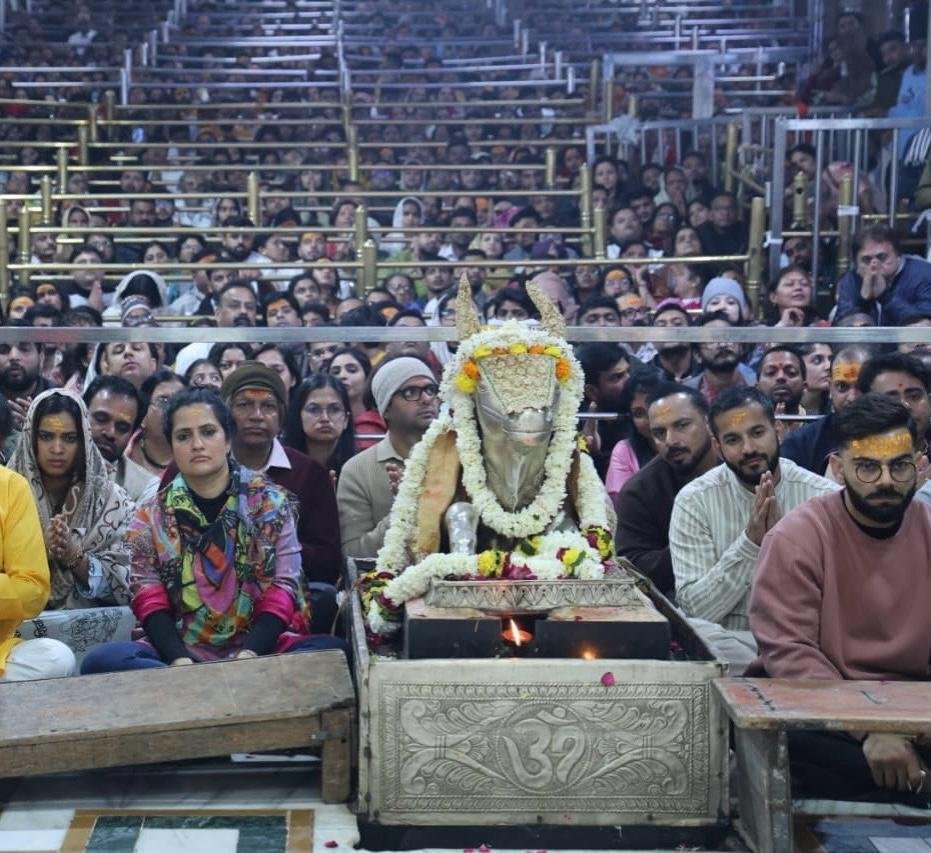The Covid-19 pandemic has had a gigantic effect on almost every industry. The scenario of the fashion industry has also been no different.
Though fashion has been dismissed as frivolous, if compared directly with the front-line service industries fighting to keep people alive and fed, the fashion industry is both a creative mecca and one of the world’s most crucial fiscal heavyweights. Moreover, this industry employs a big chunk of artisans and craftsmen of the developing countries.
Due to this pandemic, the fashion industry’s deterioration would see a serious impact on the global economy, not to mention the furloughing or unemployment status of millions of artists, designers, seamstresses and more.The revenues of the apparel business have shrunk significantly. The business of local designers who depend on retail stores for their sales has come to a halt. Sales have come to a standstill and weavers and craftsmen are facing wage loss.
In the global fashion industry, brands typically pay their suppliers weeks or even months after delivery, rather than upon order. In response to the pandemic, many major fashion brands and retailers are cancelling orders and stopping payments for orders already placed, even when the work has already been done. Factories are left with little choice but to destroy or keep hold of unwanted goods already made and lay off their workers.
Due to store closures and sale downturns, Forbes claims western fashion brands have cancelled over $2.8 billion in orders from Bangladeshi suppliers.
At least 1.2 million workers in Bangladesh are said to have been directly impacted by order cancellations, and of the thousands of factories and suppliers who have lost their contracts.
Writing for the Business of Fashion, Bangladeshi garment manufacturer Mostafiz Uddin reminds us, “Poverty is a killer too, and many more people die from poverty than from COVID-19”.
Thankfully, campaigners have already successfully urged companies (such as H&M) to extend some sort of compensation to their suppliers, and there is hope for more to follow.
In the break of this pandemic many fashion houses have been forced to either cancel the fashion shows or undertake alternate measures for showcasing their collection to the consumers. Chanel, Gucci, Prada, Hermes and Dior announced they would no longer stage their early May shows to be heldworldwide. Giorgio Armani cancelled on his invitees with less than 24 hours’ notice, asking them to watch a live stream of the show instead.
At Paris Fashion Week, Chanel, LV, Dries van Noten and Paco Rabanne’s shows went on – though the former two brands banned US staff. from attending, and the latter two offered guests’ protective masks.
International Fashion Weeks to be held, later in the calendar, in Tokyo, Beijing, Shanghai, LA, Sao Paolo and Sydney have been halted too.
Despite the extensive impact Covid-19 is predicted to have on the global luxury goods market, fashion houses which are the sharks of the industry like Chanel, Louis Vuitton and the likes, are stepping up to donate in this time of crisis.
Few fashion houses have extended their support to the community by employing seamstresses who have lost their businesses during the pandemic to create masks using the brands fabrics and trimmings. They are further donating these masks to hospitals and workers.
Indian fashion industry hasn’t remained untouched by the crises which has fallen upon us in the wake of this pandemic. Indian handloom sector has been picking up in the ‘slow fashion’ market internationally, but with the coronavirus uncertainty no overseas orders will be forthcoming as it has disrupted the entire supply chain of the textile sector.
India’s largest fashion body, the Fashion Design Council of India (FDCI) cancelled its bi-annual ready-to-wear fashion week in early March.
Paromita Banerjee, a fashion designer from Kolkata says, “It is true that fashion does not fall under the category of essential commodities, but at the same time, clothing is one of the highest revenue generators since we need clothing for various occasions, all the time. But having said that, cash flow will be low now and there will be less disposable income to spend on non-essential or ‘fancy’ items of clothing.”
Banerjee says the FDCI has created a Covid-19 fund to help young designers to combat and tide away this time to help them pay salaries, overheads etc.
However, there will be a shift in the customer’s behaviour from the high-end designer wear to more sustainable and classic wear of clothing.
The designers are facing additional pressure of paying salaries to employees and craftsmen. There are no funds to resume manufacturing, trading and sales, and cash flow is needed for raw materials, utility bills and taxes.
The Indian fashion and textile industry provide livelihood to many people—weavers, dyers, tailors, designers, exporters, raw material producers. And the pandemic has disrupted the entire chain.
Rahul Mehta, Chief Mentor of the Clothing Manufacturer Association of India says, “Almost 80 percent of the entire garment industry falls under the micro sector. Therefore, the impact is more because our members do not have the kind of resources to see them through the coming months.”
The present interruption has given us the opportunity to reflect, rethink and recalibrate both our lifestyle and work.
The world post-Covid will be different where the shift will be to need and functional-based garments. Designers need to design keeping in mind the present and upcoming scenario of the demand of affordable fashion keeping in mind the upliftment of the grossly affected craftsmen community. Designers feel that the business model needs to change because the world will probably change after the pandemic gets over. This pandemic has taught many sectors of the economy, the significance of wellbeing, essential commodities and livelihood over the superficial and exuberant lifestyle.
But the beauty of humanity has been witnessed clearly by seeing how all the fortunate sectors of the society are coming forward and joining hands to uplift and help the deprived and less fortunate sectors of the society in their small endeavors and fashion industry is also not lagging behind in offering help in their own small way.












